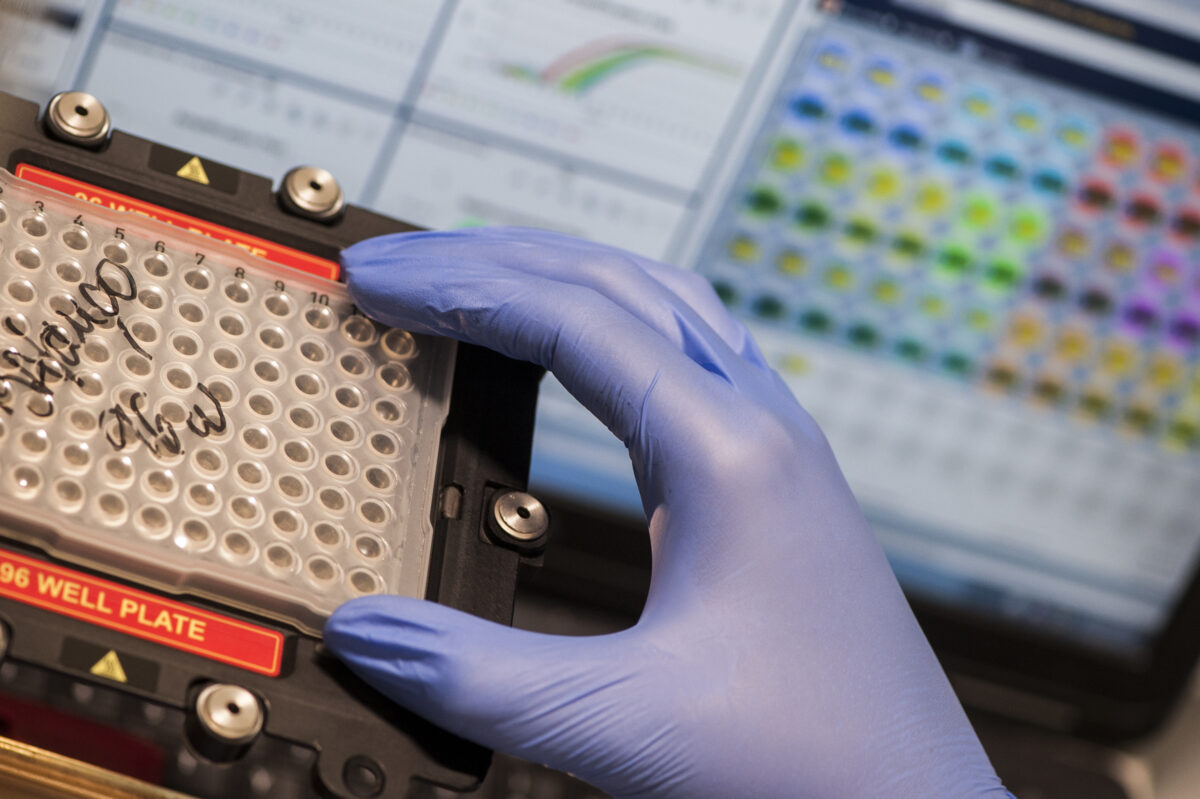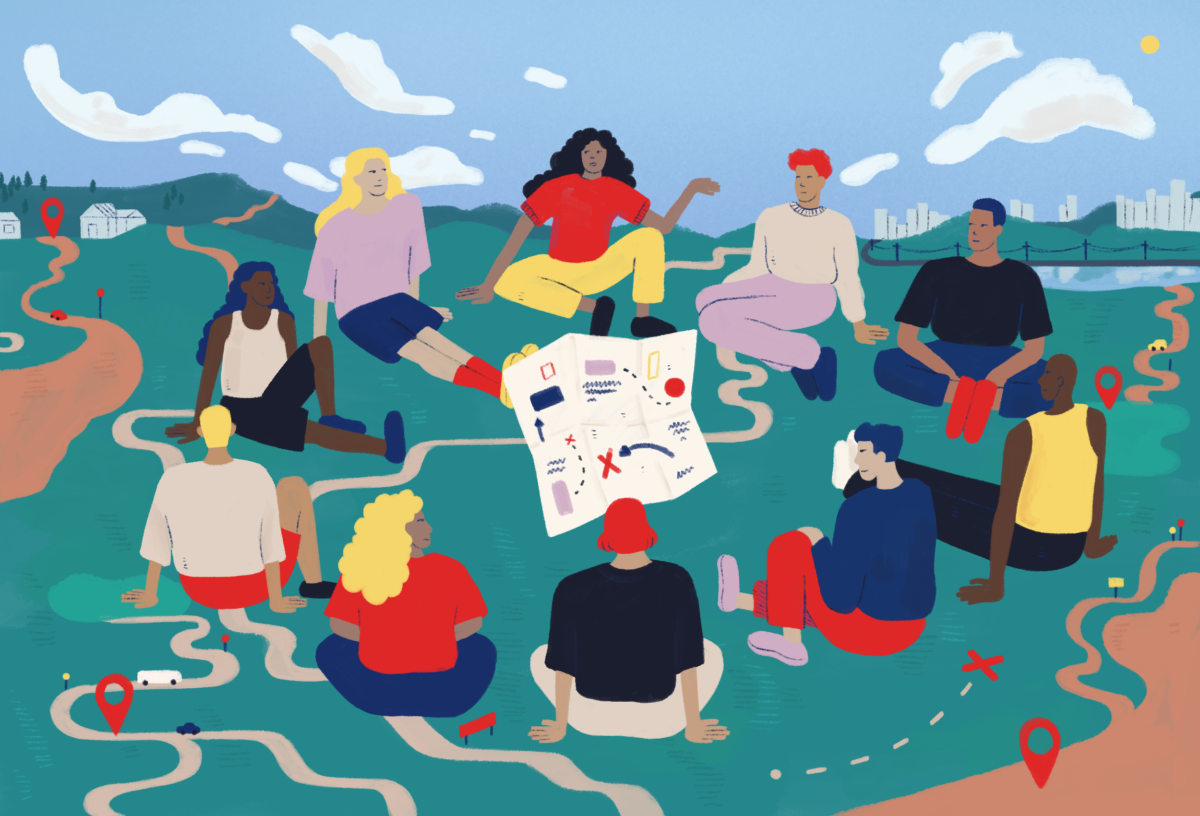 #Careers
#Careers
Two months to retract
British parliamentary committee recommends maximum period for retraction of scientific articles

In a recently published report, a committee of the UK parliament recommends that the maximum period for scientific journals to correct or retract studies with errors should be no longer that two months. The timeframe for an article to be retracted or corrected has not changed significantly in recent decades and can take years.
The recommendation is one of 28 guidelines in the report, which deals with reproducibility and integrity issues in scientific research. According to the document, publishers “should provide support to academics who report issues related to research published in their journals and should undertake to effect timely publication of corrections where necessary—in our view, this process should not take longer than two months,” say the authors.
A growing group of people concerned over scientific integrity have been finding “thousands of problematic articles, the majority of which still need to be corrected or retracted,” the document emphasizes. The website Retraction Watch is noteworthy in these efforts.
The committee also states that pressure to publish original and “impressive” research has reduced the value of studies with results that come to the same conclusions as those already published. They are therefore calling upon publishers to undertake to publish, without prejudice, studies that confirm others or whose findings are not necessarily new or “impressive.”
In addition to recommendations for publishers, the report urges the public branch to fund replication studies, i.e., those that verify the reproducibility of studies already published, and for training of researchers from graduation onward.
The document also draws attention to the inclusion of statistics specialists and software developers on research teams and emphasizes the need for government-funded research to publish data and codes in open-access repositories.
*
This article may be republished online under the CC-BY-NC-ND Creative Commons license.
The text must not be edited and the author(s) and source (Science Arena) must be credited.


